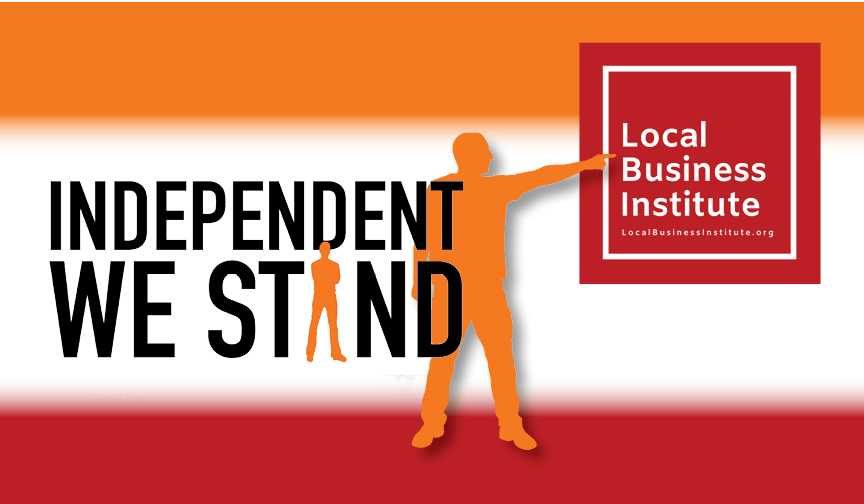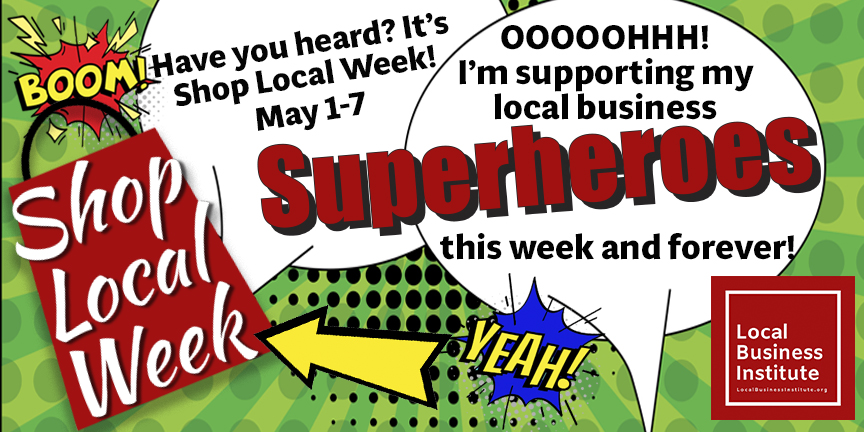Selling to small business owners is hard, but why? They’re everywhere, are willing to invest in their success, and have the money to spend on products and services. Why not just use the good old “Glengarry Glen Ross” approach and get after selling to them? Over my 25+ years working with SMB owners, I’ve seen countless big companies actively pursue this approach and fail doing so. Since the big guys (with gobs of cash) are unlikely to deviate from this approach and those trying to be big players typically follow in kind, I’m writing this post with the small business owner (who is looking to build a local business) in mind.
Knock #1: Know Your Customer
The majority of folks selling to small businesses use a similar cold call approach for reaching out to small business owners. Turns out small business owners are pretty smart people and this approach is a non-starter. In preparation for this article, we ran a survey across thousands of small business owners on Alignable. The final question asked the participants to share one of their unsolicited call stories. Here’s what one business owner had to say:
“The sales person demanded to speak to the owner, with much authority and lack of respect for the lowly secretary. Saying sweetie and it’s technical. When I asked what it was in regard to they stated: he asked me to call. I laughed and said he is a she and she is me. I never asked you to call. I may have done business with you but your lack of honesty keeps me from doing business with your company.”
Knock #2: Do I Know You?
In our survey, 80% of small business owners said they rarely if ever (less than 10% of the time) will engage with someone soliciting them for business. Therefore, if they don’t know you they are very unlikely to want to talk to you. And even worse if you haven’t at least done some homework on their business then you’re destined for failure. This is critical point for sales managers relying on cold outreach. If you or your sales team members don’t have a connection to the company they’re soliciting, their odds of failing are above 90%. You might as well take your hiring budget and head to Vegas; the odds are comparable and you’ll have a lot more fun..
“I had a several week period that Verizon was calling me at least once a day to sell their service to me, even though I repeatedly told them that I was already a customer with them. I finally reached the point where I changed my service to another carrier. If they could not realize that I was already a customer, why would I stay with them? After I left them, they stopped calling and trying to get me to sign with them, go figure.”
Knock #3: Show You Care
All is not lost (especially for fellow local business owners). The receptiveness of business owners to engage with people selling products or services turns dramatically when you invest a little effort in advance of stopping by. According to our survey, small business owners are more receptive to sales pitches when there’s a sense of familiarity:
- 45% of local business owners are willing to engage when you are referred by someone they know
- 21% of local business owners are more inclined when they know you are a fellow local business owner
Response rates increase significantly when you respect their time and reach out in advance to let them know you would like to meet. 51% prefer you reach out via email to introduce yourself in advance, 30% prefer you call and schedule a specific time to stop by, and 25% like it when a mutual connection reaches out to make the introduction.
“Just last week a sales person for a company I will not name stopped by after 5pm & distracted a forklift driver that was unloading my salt truck, who then smashed into the back of our company truck. By the time he actually got in my office I was beyond annoyed & over even wanting to speak to him about anything. Emails before arrival would be nice.”
Enough said.
Here’s the good news – Turns out, that selling to small business owners isn’t hard, you just have to do your homework, treat people with respect and have a good sense of humor.
“I asked the sales person if they read the sign on the door they just barged through (it says “no soliciting”). He faked a “no” reply and abruptly turned around to open the door and it hit them in the face. I got up from my desk to see if he was okay. Holding his forehead and wincing in pain he says “I think I know what they mean when they say “don’t let the door hit you on the way out”! We both laughed and I invited him in for his pitch.”
Good luck. And remember to avoid the door on the way out.
Originaally published in Fast Company.



